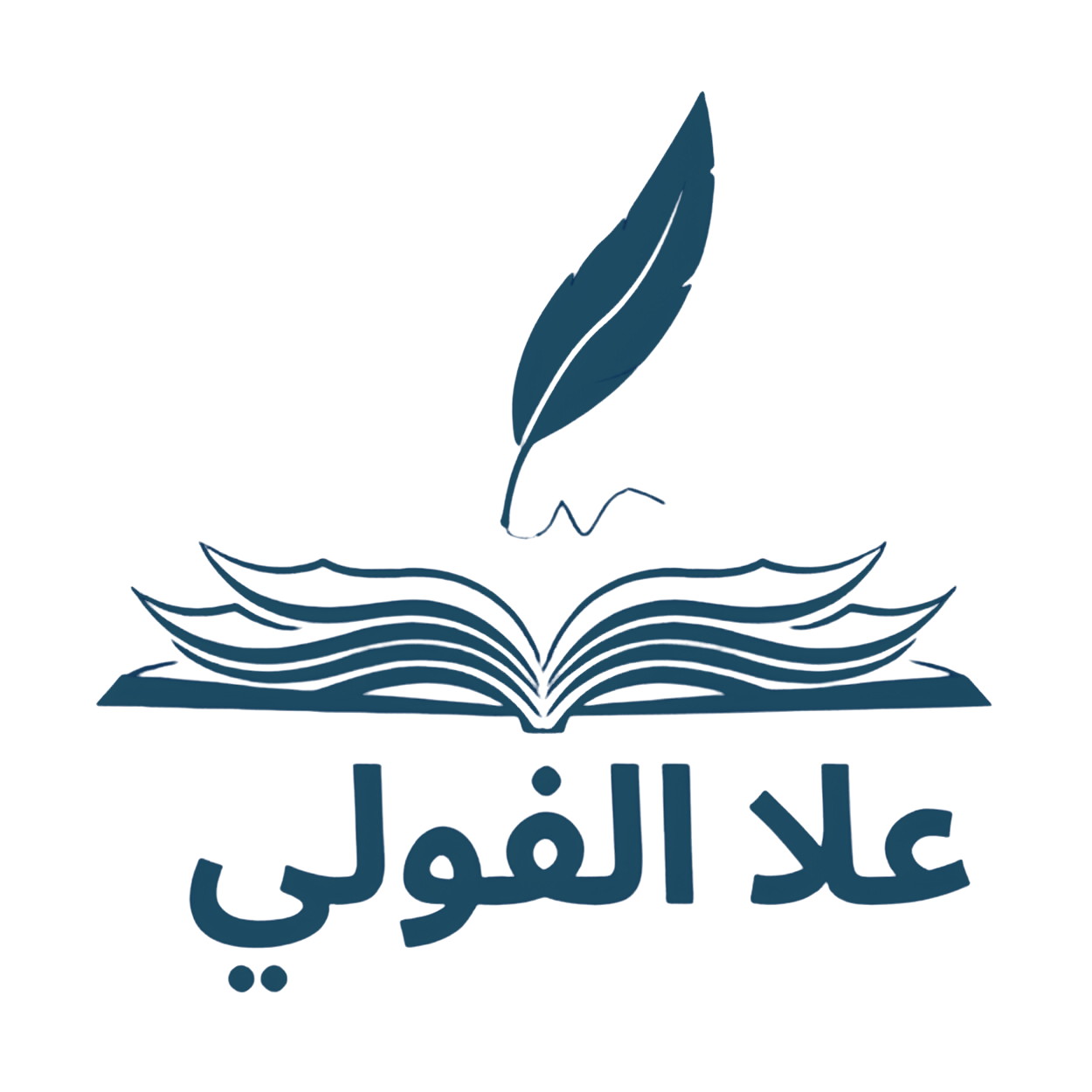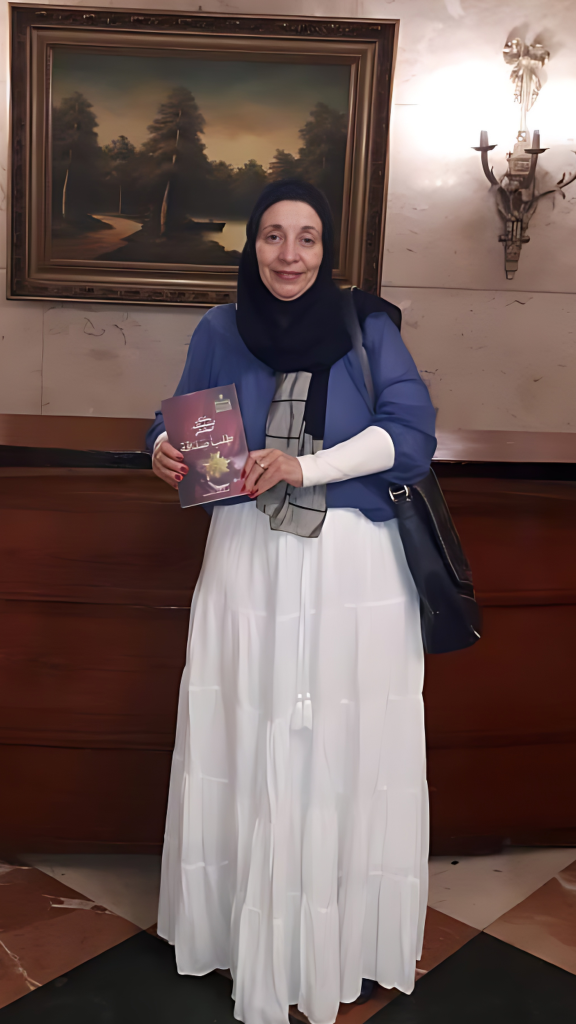
22+ Workshops
Enjoy The Journey




Enjoy The Journey

Find the right instructor

Learn on your schedule


Embark on a literary journey with Ola El Fouly, a distinguished author celebrated for her captivating books spanning various genres. From compelling narratives to insightful essays, Ola's writing invites you to explore vibrant and relatable worlds. Discover the joy of storytelling that lingers in the heart and mind as you immerse yourself in her collection.

Embark on a journey of words with us. Seeking wisdom in writing or publishing? We stand ready to be your guide.

Discover the artistry in our offerings: manuscript reviews, sage publishing advice, and the personalized touch of writing coaching

Elevate your literary pursuits effortlessly. Request a consultation by a mere stroke of your pen. A response within 48 hours is our promise.

Time, a fleeting friend, yet within 30 minutes, unravel the secrets of your craft. An intimate session via the mediums of email, phone, or the modern marvel, Zoom.

Literary writing is primarily a skill that any person willing to invest the time and effort can learn. Of course, the talented individual will learn faster and have the passion to pursue their goal. However, anyone who understands the elements of a novel and continuously improves their writing style through learning, training, and practice can write a remarkable novel.
Like any other artistic profession, you can earn from writing, with some earning little and others earning a lot. You can also pursue it as a hobby, akin to painting, music, sculpture, and others. In all cases, mastery of writing as a skill is essential, requiring time, effort, and sometimes financial investment, followed by learning how to turn it into a profession to earn from it.
Some novels may take months, while others may take a year or even years. It depends on the author, not the novel. Some novels require extensive research and study to meet the author’s vision and pride themselves with their name on the cover, while others don’t require as much time. Both can be equally exceptional and splendid.
The “Elements of the Novel” course for beginners outlines how to write a distinctive Arabic novel, identify its flaws, and how to remedy them. It serves as a guide for Arab writers to craft professional and distinctive novels.
Courses provide the elements and foundations necessary for writing a distinctive Arabic novel. Workshops are specialized exercises focusing on mastering specific techniques needed in novel writing, such as idea development, dialogue, description, plot, narration, and more. Challenges encourage professional writing by committing to writing on a specific topic within a set timeframe to unleash the creative energies of participants, usually held during Ramadan, and I compile the contributions into an e-book available in the store.
One of the features of a novel is that it’s a comprehensive art form that can be simple and beautiful simultaneously. While superficial writing can be addressed through diverse reading and focusing on reading exceptional novels for at least an hour daily, continuous training is essential. Deep, broad perspective is an accumulative process, much like obtaining a university degree. It doesn’t start in university; it begins with learning to read and write, obtaining elementary, intermediate, and high school certificates, then university years. Therefore, depth comes gradually, and all great writers evolve throughout their lives. The important thing is to write as best as you can and enjoy the writing process while continually improving your skills. There’s no ceiling for improvement, and don’t wait for perfection because it’s an illusion; no book is devoid of flaws. Write and write, and be happy with your progress. Life is a journey, so don’t be ashamed of your writings. Write to enjoy your passion, and readers will enjoy it with you, believe me.
Of course not. Sometimes the idea is clear, sometimes it’s confused and overlapping, and sometimes I don’t even have a clear concept, but I have a specific character in mind that I want to write a novel about or certain events that I want to write about, but the perspective is lacking.
Certainly, there are guides and roadmaps that can help both beginners and professionals in writing a novel, but this does not mean that there is a template where all you have to do is fill in the blanks or choose between several options to write. Writing a novel is a skill with elements, fundamentals, and techniques that can be learned, just like learning to draw. Knowing the rules in colleges, courses, and lessons enables you to draw any picture, but it won’t paint your picture for you—you are the one who will write the novel. The assistance is in learning the skill and the foundations of professional Arabic novel writing, so that you can write any genre you like with your unique touch.
Writing down the core ideas from the beginning, organizing them, and drafting a concise summary in a sentence or two that reflects the novel’s trajectory can protect you from getting sidetracked by any idea that pops into your imagination and makes you forget the main idea. So, I always advise my trainees in my courses and workshops to write, and if you want to make changes, do so on a copy, not on the original, so you keep the original idea and always compare them to choose the best. Don’t delete your ideas; you might need them for a new novel, and the new idea might be better, leading to a change. After writing the novel, take a long break—a week, two, or even a month—to forget about the novel, then reread it with the eyes of a reader, not the writer, to maintain the atmosphere and coherence of the novel. If you want to make changes, do so on the copy.


Subscribe to our email newsletter today to receive latest updates on the latest news, courses and offers!
EGP |
EGP |
EGP |
USD |
USD |
$ |
|
EGP
|
USD
|